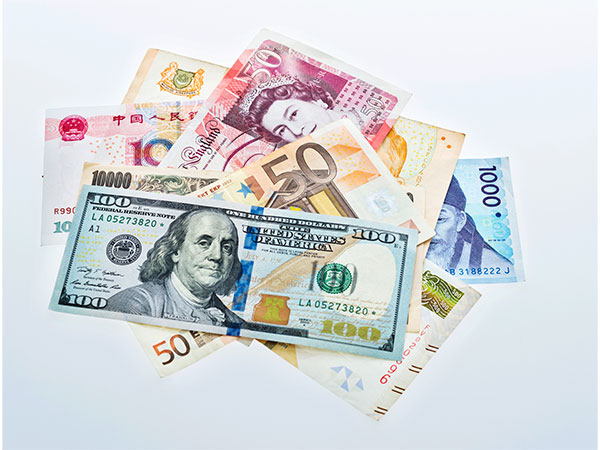India's Forex Reserves Hit Record High: A Cumulative Rise in 2024
India's foreign exchange reserves have reached a new record of USD 674.919 billion as of August 2, 2024. This increase provides a buffer against global economic fluctuations, ensuring stability for India's imports and economic activities.

- Country:
- India
India's foreign exchange reserves have once again achieved a new all-time high. The Reserve Bank of India (RBI) data released on Friday showed that during the week ending August 2, the reserves surged by USD 7.533 billion, reaching USD 674.919 billion. The previous peak was USD 670.857 billion.
The reserves have been oscillating for a while but have risen by approximately USD 45-50 billion in 2024 alone. This significant buffer shields the domestic economy from global economic disturbances. According to the RBI, the foreign currency assets (FCA) component of the forex reserves increased by USD 5.162 billion, reaching USD 592.039 billion.
Gold reserves also saw an uptick, rising USD 2.404 billion to USD 60.099 billion. India's current forex reserves can cover over 11 months of projected imports, adding economic stability.
For the calendar year 2023, RBI added about USD 58 billion to its foreign exchange reserves. However, in 2022, the reserves had dropped by USD 71 billion cumulatively. Forex reserves, primarily held in US Dollars, also include the Euro, Japanese Yen, and Pound Sterling. The past decline was attributed to higher import costs in 2022.
Additionally, the RBI's market interventions to manage rupee depreciation against a strong US dollar contributed to fluctuating reserves. The RBI's strategy includes selling dollars to prevent steep rupee depreciation. The RBI closely watches the foreign exchange market, intervening to contain excessive volatility and maintain orderly conditions without targeting specific exchange rate levels.
(With inputs from agencies.)
- READ MORE ON:
- India
- foreign exchange
- reserves
- RBI
- USD
- forex
- imports
- economy
- 2024
- record high
ALSO READ
India Pledges USD 500,000 for Vanuatu Earthquake Relief
India Supports Vanuatu with USD 500,000 Aid After Devastating Earthquake
Biden Blocks USD 15 Billion US Steel Acquisition by Nippon Steel
Biden Blocks Nippon Steel's USD 15 Billion Acquisition of US Steel
India's Forex Reserves See Significant Dip Amid Volatility Measures










